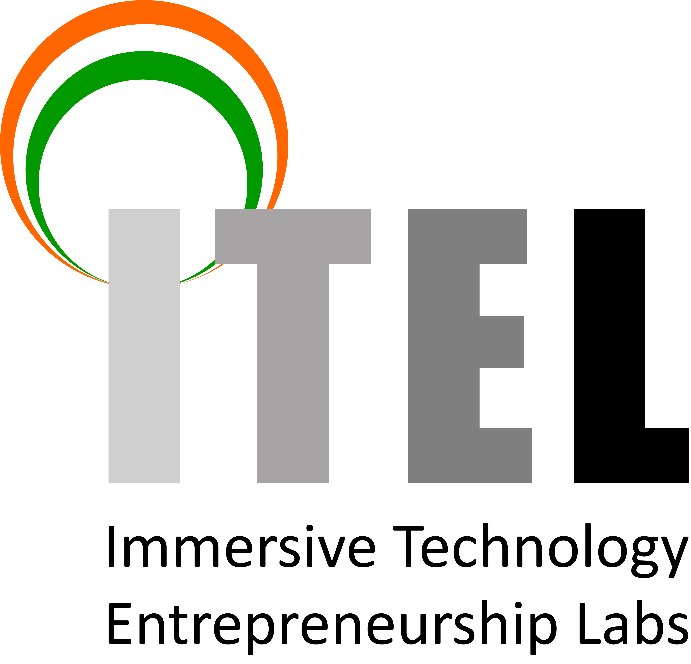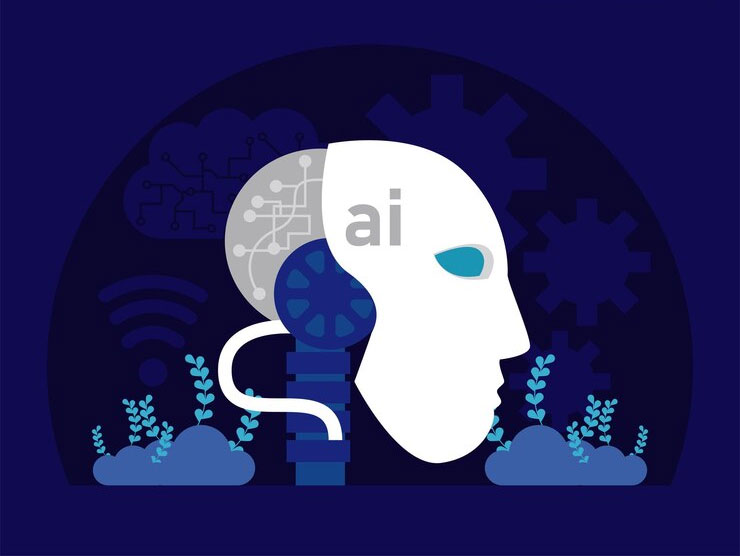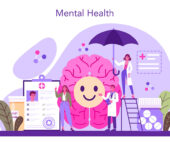A recent report by WHO states that the pandemic has affected mental health around the world. In 2019, around four percent of the global population had an anxiety disorder, while 3.59 percent suffered from depression. However, the percentage of females suffering from depression is higher than males. The tragic fact is that people still don’t want to disclose their mental circumstances to someone, and their state of depression or anxiety remains unsolved and unheard. It led to suicide as the fourth leading cause of death globally. An emerging and revolutionary technology of AI has been implemented to cope with the situation, change lives, and improve patient outcomes or the number of mental health conditions.
The advancement and enactment of AI have already started reshaping the landscape of mental health care. It holds immense potential to develop and improve the efficiency, accessibility, and effectiveness of mental health care. Let’s explore the fundamentals of how tech is supporting and enhancing the existing system.
- Diagnosis at Early Stage: AI-powered tools and machine learning algorithms help identify problems at an early stage. Machine learning algorithms can analyze patterns from large databases, identify subtle behavior changes, and identify the onset of mental health conditions. This early detection of the problem helps timely intervention and prevents the escalation of further mental health issues.
- Customized Treatment Plans: One of the challenges in identifying and delivering the treatment is the diverse nature of an individual’s experience in similar situations and their response to the treatment. AI analyzes large data to personalize treatment plans based on individual preferences, characteristics, and responses. This customized approach increases the success rate of the treatment.
- Virtual Therapy: AI-enabled chatbots are available 24*7 that offer scalable and cost-effective support to individuals. These tools are integrated to provide empathic responses, engage users in natural language conversation, and provide evidence-based interventions. AI chatbots and virtual therapy platforms are more accessible to users than traditional mental health services.
- Data Analytics: AI data analytics capabilities provide an in-depth analytical understanding of mental health trends. It can help identify the risk factors, track the prevalence of specific conditions, and inform public health strategies. This data-driven approach helps determine the cause and tailor the treatment.
- Trust and Confidentiality: AI-enabled tools can be accessed from anywhere and anytime which develops a level of trust and confidentiality. It offers a tier of privacy and encourages individuals to speak up without fear of being judged on any parameters.
- Enhancing Therapist Support: AI can not replace humans but can assist therapists by automating routine tasks like scheduling appointments and progress tracking. It ensures more focus directly on patient care. Simultaneously, it provides real-time insights and suggestions based on the treatment.
The integration of AI into the mental health industry seems to represent a promising frontier that holds the potential to revolutionize the approach to mental health. It can be a powerful tool to develop and support mental health. As technology advances, the collaboration of mental health professionals and technology will result in more accessible, effective, and customized care for individuals globally. If you want to explore the efficiency of AI in the mental healthcare industry.





